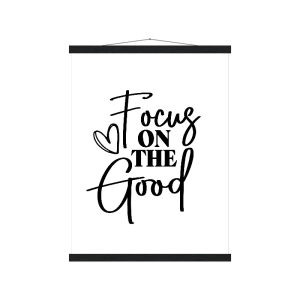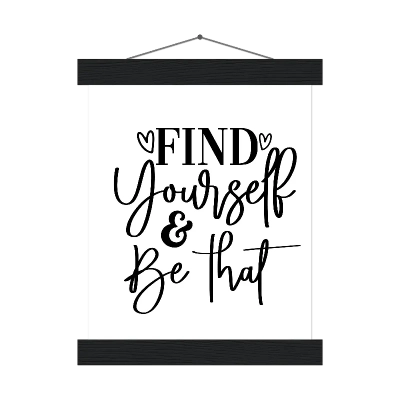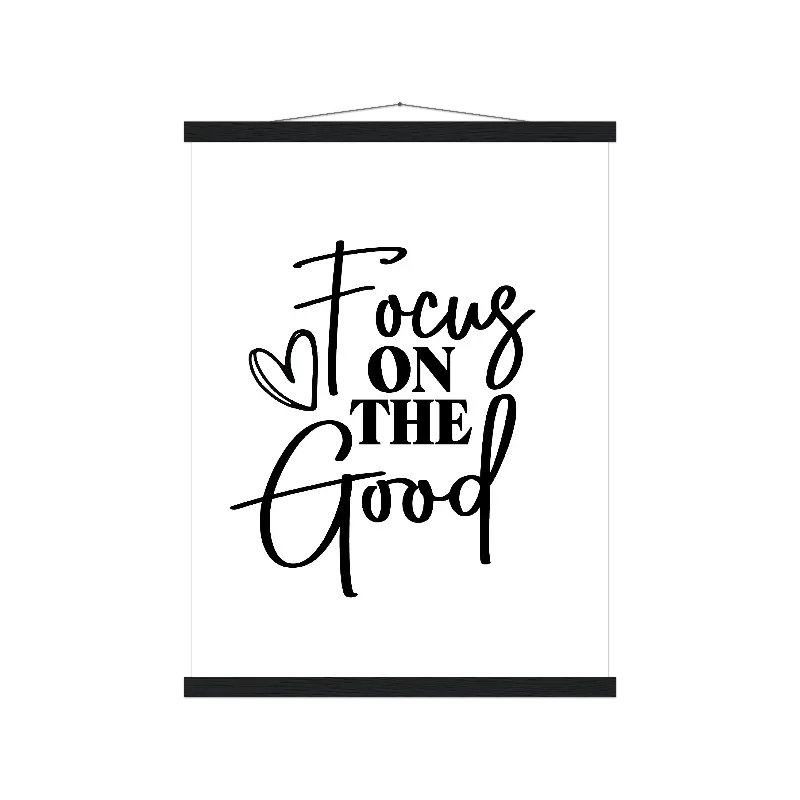
prioritize-your-goals-3317007
Courtesy of Dorothe / Pixabay
As human beings, we all have a set of values that guide our decisions and actions. These values are the principles and beliefs that we hold dear and that shape our worldview. Identifying and prioritizing your core values is essential for personal growth and development. It helps you make better decisions, set meaningful goals, and live a more fulfilling life. In this article, we will explore how to identify and prioritize your core values.
Understanding the Importance of Core Values
Core values are the foundation of our identity. They define who we are and what we stand for. When we live in alignment with our core values, we feel a sense of purpose and fulfillment. On the other hand, when we compromise our values, we feel disoriented and unfulfilled. Therefore, it is crucial to identify and prioritize our core values to live a meaningful life.
Step 1: Reflect on Your Life Experiences
The first step in identifying your core values is to reflect on your life experiences. Think about the moments in your life when you felt most alive, fulfilled, and happy. What were the values that were present in those moments? For example, if you felt most alive when you were helping others, then compassion and service may be core values for you. If you felt most fulfilled when creating something, then creativity and innovation may be your core values.
Similarly, think about the moments in your life when you felt most frustrated, disappointed, or unfulfilled. What were the values that were missing in those moments? For example, if you felt frustrated when you were not able to express yourself, then self-expression may be a core value for you. If you felt disappointed when you were not able to connect with others, then connection and community may be core values for you.
Step 2: Identify Your Personal Beliefs and Principles
The second step in identifying your core values is to identify your personal beliefs and principles. These are the ideas and convictions that you hold dear and that shape your worldview. For example, if you believe in equality and justice, then fairness and equality may be core values for you. If you believe in personal responsibility and accountability, then integrity and honesty may be core values for you.
To identify your personal beliefs and principles, ask yourself the following questions:
- What do I believe in?
- What are my convictions?
- What are the principles that guide my decisions and actions?
- What are the ideas that I hold dear?
Step 3: Evaluate Your Priorities and Goals
The third step in identifying your core values is to evaluate your priorities and goals. Your priorities and goals reflect what is important to you and what you want to achieve in life. Therefore, they can give you clues about your core values. For example, if your priority is to spend more time with your family, then family and relationships may be core values for you. If your goal is to impact the world positively, service and contribution may be your core values.
To evaluate your priorities and goals, ask yourself the following questions:
- What are my top priorities in life?
- What are my short-term and long-term goals?
- What do I want to achieve in life?
- What motivates me to take action?
Step 4: Prioritize Your Core Values
The final step in identifying your core values is to prioritize them. Prioritizing your core values means deciding which values are most important to you and which ones you are willing to prioritize over others. Prioritizing your core values helps you make better decisions, set meaningful goals, and live a more fulfilling life.
To prioritize your core values, ask yourself the following questions:
- Which values are most important to me?
- Which values do I want to prioritize over others?
- Which values do I want to live by, even if it means making sacrifices?
- Which values do I want to be known for?
Identifying and prioritizing your core values is essential for personal growth and development. It helps you make better decisions, set meaningful goals, and live a more fulfilling life. Identify and prioritize your core values, reflect on your life experiences, identify your personal beliefs and principles, evaluate your priorities and goals, and prioritize your core values. Remember, your core values are the foundation of your identity, and living in alignment with them is the key to a meaningful life.






















